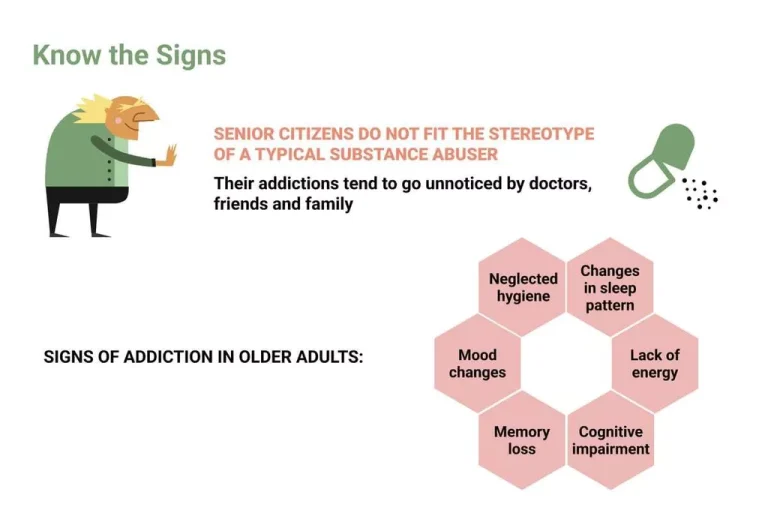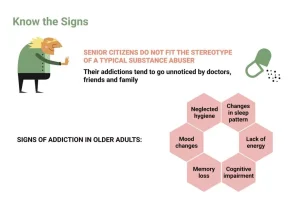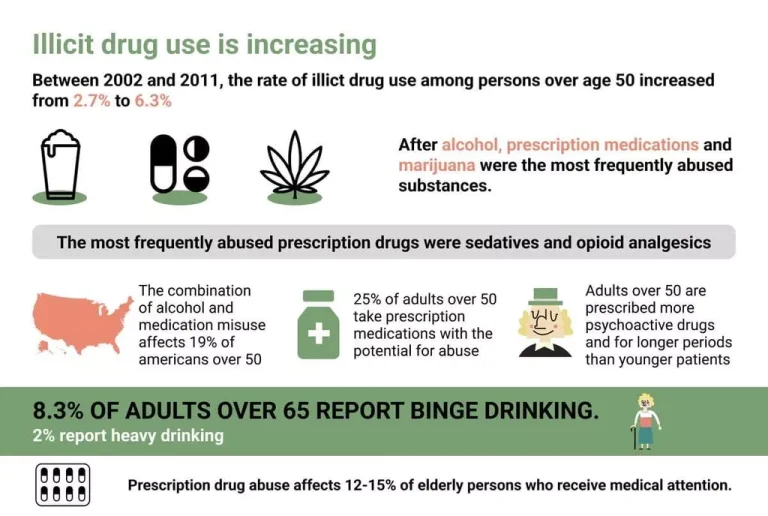Wet Brain Signs, Symptoms & Causes

Scopri la magia di Plinko e vedi quanto è facile vincere premi straordinari!
These eye problems are caused by damage to the nerves that control the eye muscles. Learn about the signs, symptoms, and long-term health risks of ketamine addiction. wet brain meaning Find information on treatment options, withdrawal management, and recovery resources. This can include making sure the person gets enough fluids and important nutrients. Doctors also help manage any alcohol withdrawal symptoms to keep them safe and comfortable.
Online or Phone-based Therapy
- The symptoms of Wernicke encephalopathy are for the most part treatable through injections of vitamin B1.
- Alcohol addiction can lead to serious conditions, including wet brain which can be life-threatening if it progresses.
- This is crucial because WKS is caused by a thiamine deficiency, often due to long-term alcohol use.
- A poor diet and nutritional deficiencies often accompany alcohol use disorder, increasing the risk of developing wet brain.
People with this condition may find it hard to remember things that just happened or new information they learned. Alcohol withdrawal symptoms can alcoholism symptoms be severe and even deadly, in some cases, so detoxing under medical supervision is always the safest and most effective way to quit alcohol and begin a new, sober lifestyle. Wet brain, also known as Wernicke-Korsakoff syndrome (WKS), has some noticeable symptoms. WKS often starts with Wernicke’s encephalopathy, which has a few key signs.
Take the first step towards recovery

The first thing doctors do is give high doses of thiamine (vitamin B1) through injections. This is crucial because WKS is caused by a thiamine deficiency, often due to long-term alcohol use. Then, if it’s not treated quickly, it can develop into Korsakoff’s psychosis. Wet brain syndrome is relatively rare in the general population, especially in developed countries such as the United States, where malnutrition is not a chronic or widespread issue.

Wernicke-Korsakoff Syndrome Life Expectancy
Wet brain in aslcoholics is less common than some of the other side effects of alcohol abuse, but it can still occur. During these final stages of wet brain syndrome, treatment can manage symptoms, but brain damage from drinking is severe and permanent. Patients who suffer from Korsakoff psychosis may be unable to care for themselves. Recognizing the signs of excessive alcohol consumption and seeking help promptly prevent the onset of WKS. Educational programs about the dangers of alcohol abuse and the importance of nutrition play a significant role in prevention. Regular health check-ups that monitor nutritional status and potential deficiencies further aid in identifying and addressing risks before they escalate into serious conditions like WKS.
Treatments Available for preventing Wet Brain
If you or someone you love is exhibiting any of the above symptoms, it's vital to immediately contact emergency health services or your healthcare provider. Memory impairment is a significant symptom, affecting both short-term and long-term memory. Wet Brain can affect vision and eye coordination, causing difficulties in daily activities. Unexplained and rapid weight loss can be indicative of nutritional imbalances. Wet Brain syndrome can be triggered by various factors, occurring separately or in combination.
How Much Alcohol Causes Alcoholic Dementia?
- Again, a wet brain occurs following a severe deficiency of vitamin B1 in your system.
- Some memory rehabilitation therapies, like ones used for other forms of dementia, can help a person manage their symptoms.
- Early treatment with intravenous thiamine injections and lifestyle changes, such as an improved diet and abstinence from alcohol, can increase the chances of recovery 1.
Many individuals who receive appropriate treatment within the early stages of the syndrome experience marked improvements, as studied by Bilici R, Saridogan GE, Turan C, Goncu T, Akdur O, Citak S, Domac FM. However, a complete cure for the syndrome is difficult, especially in advanced cases where significant brain https://ecosoberhouse.com/ damage has occurred. Wernicke encephalopathy and Korsakoff psychosis are closely related because they are both caused by thiamine deficiency and occur in sequence. When Wernicke encephalopathy is not treated in time, it advances to Korsakoff psychosis.

How Does Drinking Large Amounts of Alcohol Cause Thiamine Deficiency?
- Getting help for your addiction is important, especially if you suffer from wet brain syndrome, because the disorder will continue to progress if you don’t stop drinking.
- Beyond memory loss, cognitive decline affects reasoning and problem-solving.
- Another analysis published by Alcohol Change, “What is alcohol-related brain damage?
- Thiamine is an essential vitamin for the metabolism and function of brain cells.
- It’s important to note that while wet brain syndrome shares some similarities with other forms of dementia, it’s a distinct condition with its own unique characteristics.
Nutritional counseling can help people make healthy food choices to support their brain health. Cognitive rehabilitation therapy, like memory exercises and problem-solving activities, can help improve thinking skills. Another analysis published by Alcohol Change, “What is alcohol-related brain damage? The risk is compounded by factors such as poor nutritional intake, which is common among those with alcoholism. For healthcare providers, this condition highlights the need for vigilance and comprehensive patient care.


Prolonged illness, liver disease, or conditions requiring specific medications can also heighten this risk, especially among those who may already have limited diets or poor overall health. They include a lack of motivation or interest in daily activities and an emotional flatness, where they show little reaction to things that would normally spark a response. Such changes often go hand-in-hand with severe memory loss, which can further contribute to frustration and agitation. Beyond memory loss, cognitive decline affects reasoning and problem-solving.
